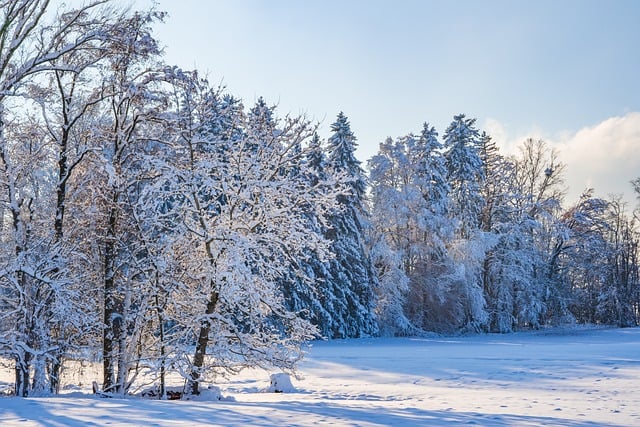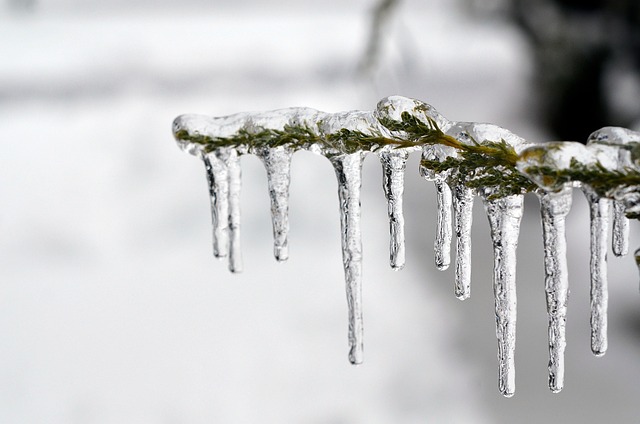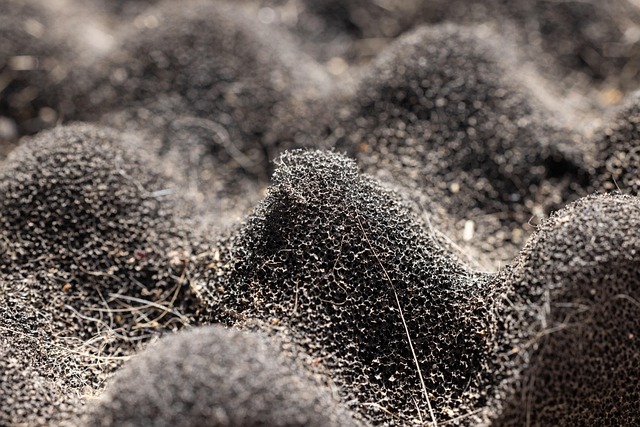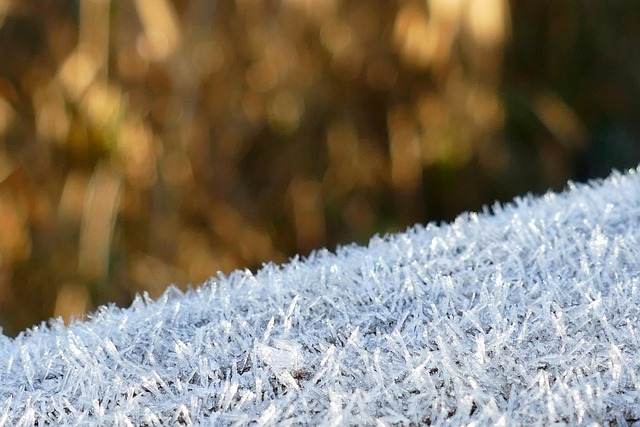Winter's cold poses significant risks to home plumbing, with frozen pipes a common problem. To prevent this, focus on freezing protection: insulate exposed pipes for effective barrier against cold, use heating tape on vulnerable areas, and promptly address faucet dripping to avoid ice buildup. Implement these winter plumbing tips for a secure system.
Winter’s cold can cause serious issues with your home’s plumbing system. One common problem is frozen pipes, which can lead to costly damage and disruptions. Understanding frozen pipes prevention is crucial for keeping your home safe during the colder months. This article offers effective winter plumbing tips, including strategies like proper pipe insulation and the use of heating tape. By following these guidelines, you can prevent freezing and maintain a leak-free outdoor plumbing system, even in the harshest weather conditions.
- Understanding Frozen Pipes Prevention and Its Importance
- Effective Winter Plumbing Tips to Keep Your Home Safe
- Tools and Techniques: From Pipe Insulation to Heating Tape
Understanding Frozen Pipes Prevention and Its Importance

Winter can be a harsh season for your home’s plumbing system. One common issue that arises is frozen pipes, which can lead to significant damage if left unattended. Understanding frozen pipes prevention is crucial in keeping your plumbing intact during cold weather.
Pipe insulation is an effective winter plumbing tip to prevent freezing. By insulating exposed pipes, especially in outdoor plumbing areas, you create a protective barrier against the cold. This simple step can save you from costly repairs. Additionally, using heating tape on pipes prone to freezing can provide extra warmth and keep them from freezing over. Even a faint drip from a faucet can indicate an issue; addressing it promptly will prevent more severe problems later.
Effective Winter Plumbing Tips to Keep Your Home Safe

Winter can be a harsh season for your home’s plumbing system, especially when it comes to frozen pipes and other winter-related issues. Implementing effective winter plumbing tips is crucial for keeping your home safe and your pipes in top condition. One of the most important measures is to prevent frozen pipes, which can lead to costly damage.
Start by insulating exposed pipes, especially those near exterior walls or in unheated areas like garages. Pipe insulation acts as a protective barrier against extreme cold temperatures. Additionally, consider using heating tape around pipes that are particularly vulnerable to freezing. If you notice any dripping faucets, don’t ignore them; fix them promptly as these drips can contribute to frozen pipes. Lastly, remember to bring outdoor plumbing systems inside during winter or insulate them properly to avoid damage from freezing and thawing cycles.
Tools and Techniques: From Pipe Insulation to Heating Tape
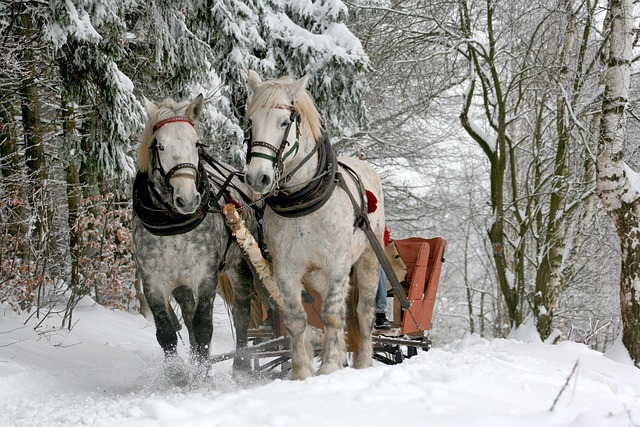
To prevent frozen pipes during winters, homeowners can employ various tools and techniques that go beyond standard winter plumbing tips. One effective measure is using pipe insulation, which creates a protective barrier around pipes to maintain consistent temperatures. This simple step, often overlooked, can significantly reduce the risk of frozen pipes and associated damages.
For more direct applications, heating tape comes into play, especially for outdoor plumbing or areas prone to extreme cold. This type of tape provides targeted heat, wrapping around pipes to keep them from freezing. While it may seem like an energy-intensive solution, heating tape is designed to be efficient and can be easily activated when needed, offering a practical frozen pipes prevention method for those concerned about persistent faucet dripping during winter months.

